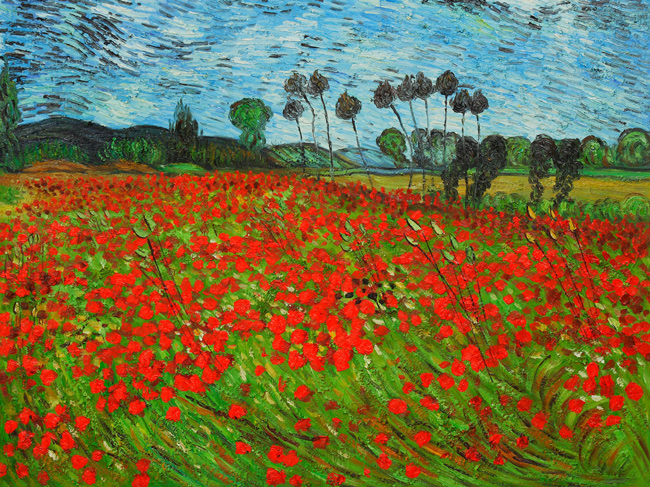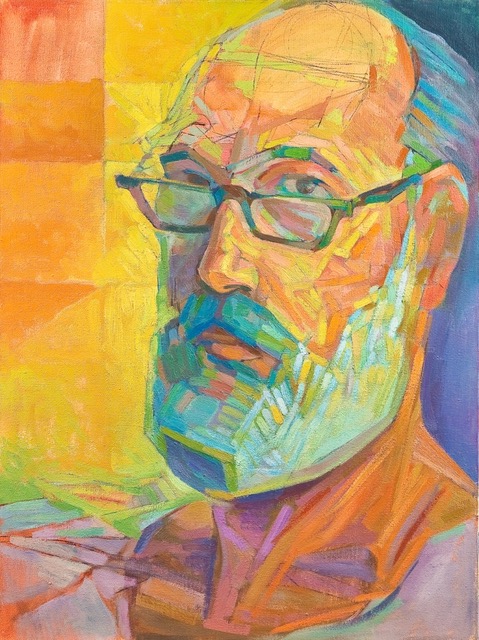The teachers at The Ruskin didn’t work too hard. They came in one or two days a week from London, glanced at our work, and said something like, “That looks very nice.” Then they engaged you in some conversation that they thought was clever and you smiled, and they thought they were intelligent and that was good enough for them. But they made a mistake. It came to pass that the drawing master called a meeting and said we had to elect a president of the sketch club. I didn’t even know there was a sketch club. The drawing master asked, “Do I have any nominations?” Some wise guy said, “I nominate Myron.” And some doubly wise guy said he seconded it.
So chance had it I was elected to a post nobody wanted as the president of the sketch club, only to discover that it wasn’t just the sketch club for the Ruskin School of Drawing, but for the whole of Oxford University. There were all kinds of important educators, professors, administrators and local citizens in the City of Oxford who belonged to it. It was my responsibility to invite whomever I wished to come and critique the work and give lectures for the group. The first person I invited was Eric Newton. He was one of the most remarkable and important art historians in England at the time. And he was sort of a hippie. Highly qualified; a brilliant lecturer. He dressed in all black except for his socks, which were white. I never understood why. Maybe he had athlete’s foot. Anyway, he came and lectured to us and critiqued everyone’s work. It was my responsibility to introduce him to the club, which I did. But before I sat down, I was cute.
Some advice here — don’t get cute at Oxford. I said, “Professor Newton, American New York artists are becoming extremely well known. Whether their work is respected or not, I’m not sure; but they are becoming international figures. What do you think about whether their contribution is meaningful or not?”
And as I was sitting down, Professor Newton said, “That is a very interesting question Mr. Barnstone. What do you think?”
I was not prepared to stand up in front of this Oxford audience and tell them what I thought – I had no time to prepare. But I had no choice. So very slowly, instead of sitting down, I started standing up. And in the few fractions of a second that it took me to stand up, I decided on how I was going to make my contribution. I spoke for five or six minutes (which seemed like an eternity). And when I sat down, everyone was pleased and the professor thanked me. Professor Newton amplified a few of the points I had made and then gave the talk he came to give.



